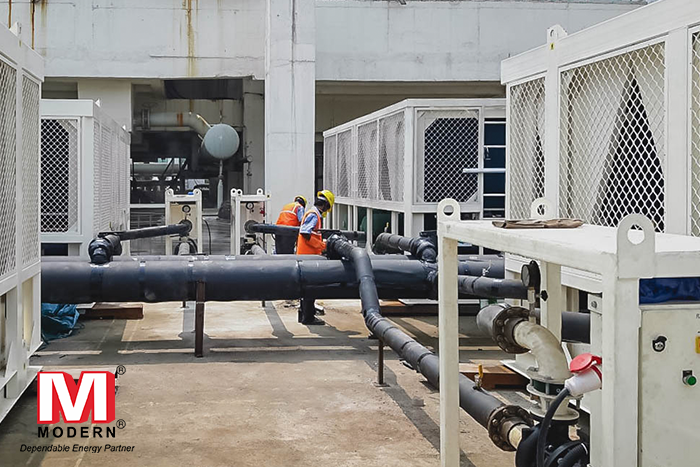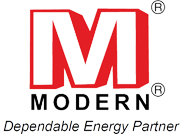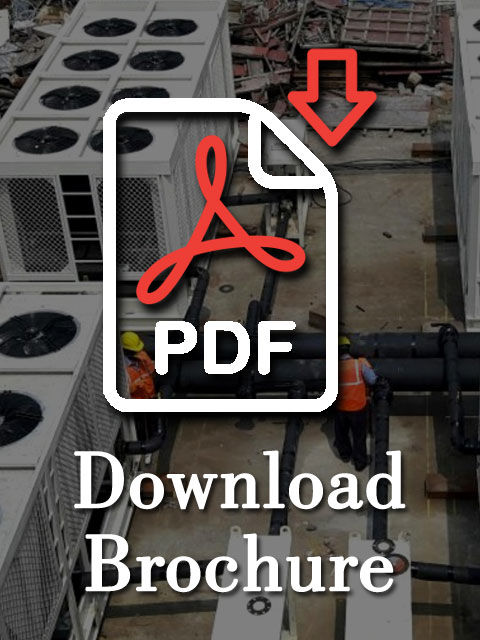
How Does An Industrial Chiller Work?
How Do Chillers Operate? – Principles of Operation for Industrial Chiller Systems
You’ll need a commercial chiller unit to cool your operations and interior machine parts if your business employs process fluids or large, heat-producing gear. Making the best decision for your cooling requirements will be aided by your knowledge of the many types of chillers and an understanding of how an industrialized chiller operates.
How Do Chillers Work?
By extracting the system’s heat and transferring it to another location, an industrial chiller is a cooling system used to decrease the temperature of equipment, industrial spaces, and process fluids. For temperature control in a variety of industrial operations, such as injection moulding process, electroplating, petrochemical production, and food manufacturing, industrial chillers are crucial.
Operating Guidelines
According to the following operating principles, industrial chillers function;
Phase Change
When heated, a liquid coolant transforms into a gas, which then crystallizes back into a fluid when it is supercooled.
Heat Flow
A high concentration of heat energy always moves toward a low concentration area.
Boiling Point
The boiling point of a liquid lowers with decreasing pressure over it and rises with rising pressure.
How Do Chillers Operate?
A low-pressure refrigerant enters the evaporator to begin the operation. The coolant is heated within the evaporator, which induces a phase transition that transforms it into a gas. The compressor boosts the pressure of the gaseous refrigerant.The high-pressure refrigerant is sent to the condenser, which condenses into a high-pressure liquid by rejecting heat using cooling tower water or ambient air. The expanded unit, which contains a valve that serves as a metering mechanism to regulate the flow of coolant in the system, receives the condensed refrigerant next.As a result, the refrigerant’s pressure decreases, which restarts the cooling process. The refrigeration cycle refers to the complete procedure.

